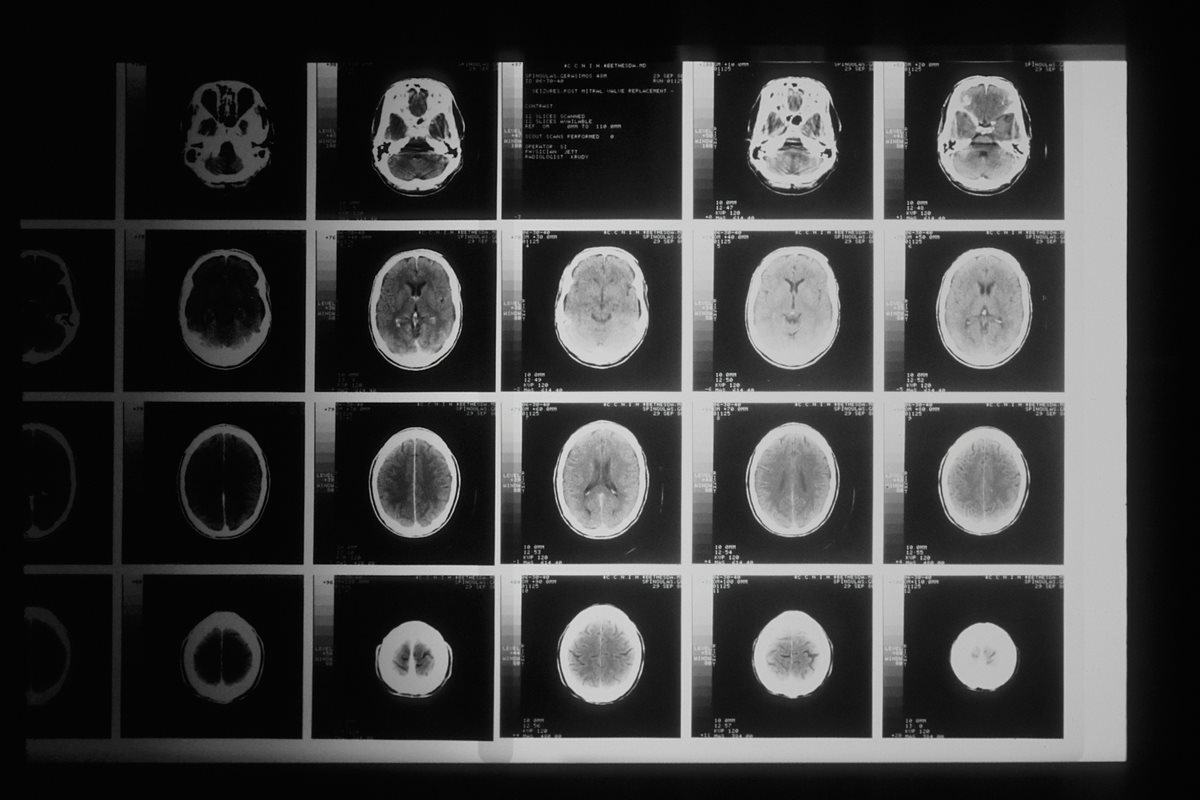Breakthrough Study Uncovers Rogue DNA Fragments, Paving the Way for Innovative Treatments of Aggressive Cancers

Recent advancements in cancer research have unveiled a significant factor contributing to the aggressiveness of certain tumors and their resistance to treatment: rogue strands of DNA. This revelation not only enhances our understanding of various cancers, including those affecting the breast, lungs, and brain, but also opens doors to innovative therapeutic approaches for future patients.
Understanding Extrachromosomal DNA (ecDNA)
At the heart of this discovery is a type of DNA known as extrachromosomal DNA (ecDNA). Typically, our genetic material is neatly organized around histones within 23 pairs of chromosomes, allowing it to fit inside the nucleus of a cell. However, researchers have found that fragments of DNA can sometimes break away from these chromosomes and exist independently within the nucleus, a phenomenon that was previously overlooked in cancer research.
- Key Findings:
- A coalition of researchers from the US and UK published three pivotal papers highlighting the role of ecDNA in aggressive cancers.
- These studies revealed that ecDNA is present in tumor cells associated with some of the most difficult-to-treat cancers.
New Therapeutic Directions
Paul Mischel, a pathology professor at Stanford University and co-author of the research, emphasized the potential for new therapies arising from this discovery. "This isn’t just about understanding the severity of cancer; it points toward developing novel treatments," he stated.
- Implications for Treatment:
- The ecDNA fragments were identified in 17.1% of the tumors studied, carrying genes that not only promote cancer but also help suppress the immune response.
- The chaotic replication of ecDNA contributes significantly to cancer progression.
Unequal Distribution of ecDNA
Interestingly, the research showed that tumor cells often contain varying amounts of ecDNA. This inconsistency results in some daughter cells inheriting far more ecDNA than others during cell division, which can lead to increased resistance to therapies.
Promising Treatment Options
In a positive turn, the studies indicated that CHK1 inhibitors—when combined with traditional anti-cancer drugs—successfully targeted and destroyed tumor cells harboring ecDNA in mice. David Scott, director of Cancer Grand Challenges at Cancer Research UK, highlighted the potential of this approach. He noted that targeting ecDNA could effectively "cut the lifeline" that aggressive tumors use to evade treatments.
- Key Benefits:
- Addressing ecDNA could transform the treatment landscape for patients facing aggressive cancers, turning dire prognoses into manageable conditions.
Conclusion
The discovery of ecDNA’s role in cancer survival and treatment resistance is a groundbreaking step in oncology. By focusing on these rogue DNA strands, researchers are paving the way for innovative therapies that could revolutionize how we combat some of the most challenging forms of cancer. As research continues to evolve, the future looks promising for patients battling these relentless diseases.
Feel free to share this hopeful research with your network!
